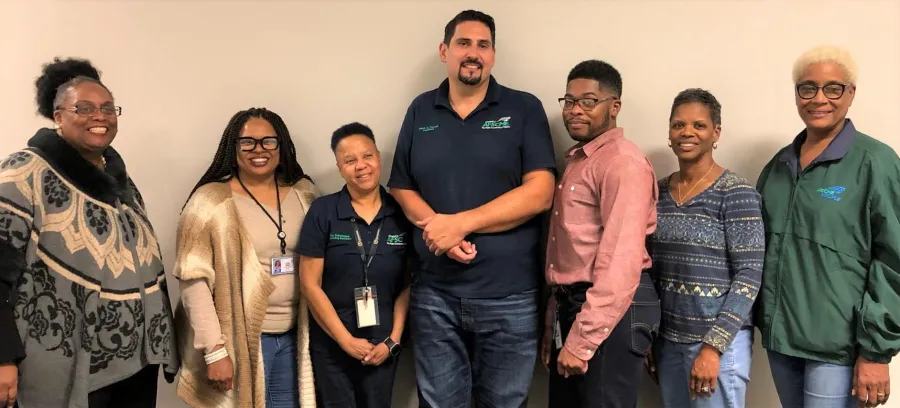SEBAC Telework Decision Is A Win For Member Safety & Public Services

Council 4 members played a key part in the successful effort by the State Bargaining Agent Coalition (SEBAC) to create a workable telework policy for state employees that underscores the importance of making sure our members can provide vital public services during the continuing COVID pandemic and its variants.
On Dec. 27, Arbitrator Michael Ricci ruled in favor of SEBAC’s position, recognizing that telework “is not just a common good, but also, a bargained for benefit,” and further upholding the coalition’s proposal for what the final language of the telework agreement ought to be.
Click here for the telework arbitration award.
Click here for the full, final policy, with the awarded language added in (signatures pending).
The arbitrator’s award upheld the final disputed issue in telework and was issued in favor of SEBAC’s last, best offer. That section of the negotiated telework policy will now read:
"4.10 An employee may request telework schedules of any amount the individual believes to be consistent with job duties and operational needs. All such requests shall be reviewed and granted, denied, or modification suggested in accordance with the procedures and standards of this policy, except that the determination of an agency to refuse to grant telework above an amount that would provide one day per workweek at the worksite shall not be subject to arbitration under this policy."
As per the agreed upon language and the award, any denial or modification of a telework application that would result in a member being required to be at the work site more than one day per week is now appealable.
This outcome resulted from hard work of the members of SEBAC’s statewide telework committee, as well as to the many witnesses who testified in the binding arbitration hearing that completed in November.
Among those testifying before the arbitrator was Sonda Thomas, Treasurer of AFSCME Local 704, who works as Administrative Assistant for the State Attorney General’s Office.
“I’m glad I was able to assist in the arbitration hearings,” said Thomas. “I think this is a positive move for the clerical NP-3 unit. It now shows there are some staff in our agencies that can work remotely who were unable to before.”

The award not only allows Thomas to continue working remotely, a novelty in her 24 years with the Attorney General’s Office, but also has a deeper meaning to her and others that have a medical condition or disability.
“It is a wonderful thing for me because I have a hearing-impaired issue. Masks muffle peoples’ voices and makes understanding them harder for me. For people who have medical conditions, it is good to know there are alternatives and know you can telework and not lose your job because your medical condition could leave you more vulnerable by being around other people. This award will help keep all of us safe while we continue to serve the people of Connecticut.”
Arbitrator Ricci’s ruling comes on the heels of his decision requiring the Department of Social Services to honor a stipulated agreement regarding telework. Members of Local 714 and Local 2663 (P-2 Human and Social Services) signed a mass petition to the Governor and DSS commissioner, and also went to the media, as part of their campaign to pressure the agency to after it denied hundreds of rightful telework applications.
AFSCME Local 2663 Steward Onica Matthews-Davis, a Child Support Investigator in the Bridgeport DSS office, summed up the importance of teleworking this way:
“We are proud of what we do and how we help people in need of a lifeline. Teleworking keeps staff and clients safe while allowing us to perform our duties with the same effectiveness, productivity and commitment that we’ve always demonstrated.”
Members seeking to appeal should email [email protected] in addition to following any and all notification processes established by their local union.
